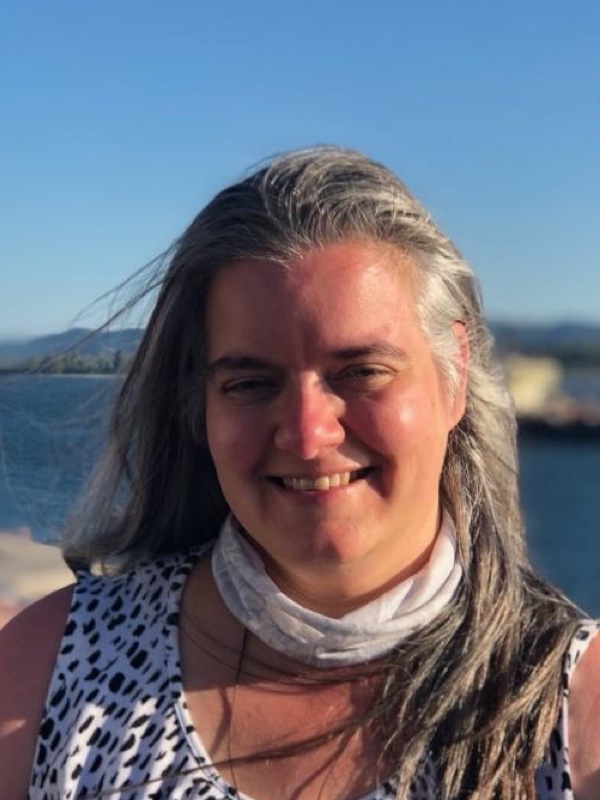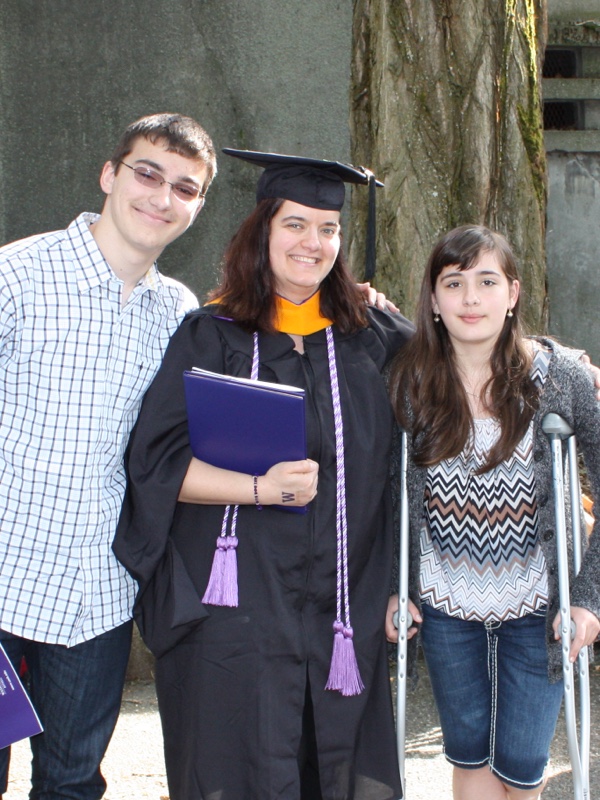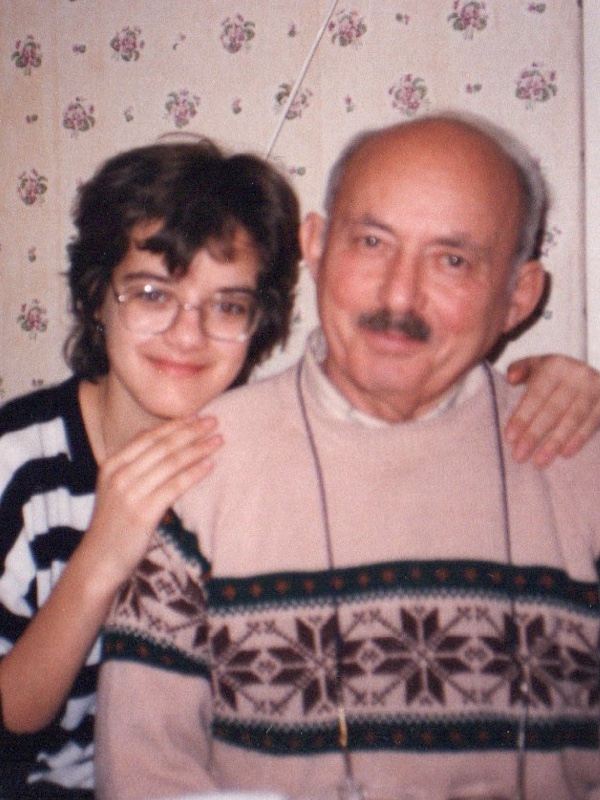
acf domain was triggered too early. This is usually an indicator for some code in the plugin or theme running too early. Translations should be loaded at the init action or later. Please see Debugging in WordPress for more information. (This message was added in version 6.7.0.) in /var/www/magazine.waldenu.edu/wp-includes/functions.php on line 6121Dr. Gabriella Kőrösi keeps learning so she can help those with addiction and mental health issues.
In a time of complex health challenges, the world needs more people like Dr. Gabriella Kőrösi.
A perpetual learner in the classroom and in life, over the past 10 years Kőrösi earned her bachelor’s and master’s degrees in nursing at the University of Washington and her PhD in Public Health from Walden University. She is a nurse, a public health expert, an author, and a thought leader in addiction and recovery.
In short, she constantly learns how to help others. “I’m passionate about education and healthcare, particularly helping those with mental health and addiction issues,” she says. “You can never know enough, and I feel you have to take what you know and do what you can for others.”
Kőrösi is currently a nurse quality supervisor at a medical clinic in rural Oregon. She began her nursing career in her native Hungary, which had been occupied by the Soviet Union during her childhood. That in itself was a learning experience. “I grew up seeing military weapons while walking around the streets,” she says.
She came to the U.S. in the late 1990s, working at a medical center in Seattle where she served in a number of areas, from telemetry to urology and nephrology. But the areas that moved her most were the addiction and detox wards. She worked with this population for eight years in a hospital setting and for several more years in the community.
Her time working with addiction patients motivated her to learn more about addiction and mental health: both why addiction occurs and how to help those experiencing it recover. As part of her continuous desire to expand her knowledge, she began adjusting the way she thought about these issues—a shift that would fan the flame of her passion to help and to educate others.
“I lost an uncle to a drunk driving accident at a young age, so I had personal experience with addiction,” she says. “But working in the field for that long, you see these are real people and you see the impact addiction has on not just them, but everyone around them.”
As part of her commitment to humanize and support people with mental health and addiction issues, she wrote and self-published a book on the subject after completing her PhD at Walden. The book, Our Society: Addiction and More Uncovered, features stories drawn from interviews with more than 50 people representing the broad spectrum of those impacted by addiction, including healthcare professionals, people with addictions, and their families and friends.



“My goal in writing the book was to increase the understanding of what addiction is and to humanize it,” she says. “Addiction and mental health issues are stigmatized. The more we talk about them and bring them out in the open, the greater the chance someone who needs help will reach out to get it.”
Kőrösi chose to pursue her doctorate at Walden after a friend recommended the school to her, and because she was intrigued by the idea of an advanced degree in public health. “I was impressed by Walden’s social change mission and I felt a calling to it,” she says. “I really wanted to find the best way I could to help those suffering from addiction, especially in my community.”
One way she’s done that is by helping implement a suicide prevention training program at a local high school. While pursuing her doctorate, she also worked with the group Clubhouse International and her local county to establish Beacon Clubhouse, a resource center in her hometown for individuals navigating mental illness.
“With the COVID pandemic, a lot of people developed mental health issues, especially those at home and lonely,” she says. “Establishing the Beacon Clubhouse was a way to provide support for some of those people. It’s limited, but it gave them a place to go. We opened a tiny window of hope for our community.”
As for the future? This lifelong learner isn’t planning to pursue any additional academic degrees, but she’s not done learning or helping either.
She blogs on healthcare and life on her website, gabriellakorosi.org. She published an uplifting book of poems and short stories titled If I Could Be and is now at work on her third publication, a second book of addiction-related interviews focused on connections.
And while doing all that, she says, she will continue to look for new ways to learn, speak out on disease prevention, and support the health and well-being of others. “I’m always open to change and growth,” she says. “I’ll just continue to help when and where I can.”